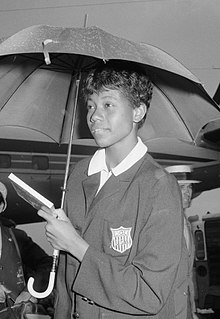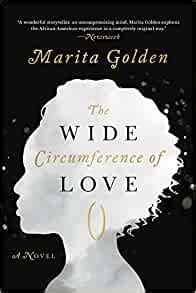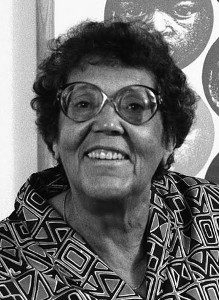A Quote by Alicia Garza
The history of black women in the economy is rooted in the legacy of slavery. Enslaved black women were forced to provide care work, unpaid, for white families.
Related Quotes
They wanted black women to conform to the gender norms set by white society. They wanted to be recognized as 'men,' as patriarchs, by other men, including white men. Yet they could not assume this position if black women were not willing to conform to prevailing sexist gender norms. Many black women who has endured white-supremacist patriarchal domination during slavery did not want to be dominated by black men after manumission.
...black women write differently from white women. This is the most marked difference of all those combinations of black and white, male and female. It's not so much that women write differently from men, but that black women write differently from white women. Black men don't write very differently from white men.
We black women must forgive black men for not protecting us against slavery, racism, white men, our confusion, their doubts. And black men must forgive black women for our own sometimes dubious choices, divided loyalties, and lack of belief in their possibilities. Only when our sons and our daughters know that forgiveness is real, existent, and that those who love them practice it, can they form bonds as men and women that really can save and change our community.
Blacks were not enslaved because they were black but because they were available. Slavery has existed in the world for thousands of years. Whites enslaved other whites in Europe for centuries before the first black was brought to the Western hemisphere. Asians enslaved Europeans. Asians enslaved other Asians. Africans enslaved other Africans, and indeed even today in North Africa, blacks continue to enslave blacks.
There are many things that black women can continue to do to help black folk. First, black women have historically been among the most vocal advocates for equality in our community. We must take full advantage of such courage by continuing to combat the sexism in our communities. Black women, whether in church, or hip-hop, don't receive their just due. Second, when black women are in charge of child-rearing, they must make ever so sure to raise black children who respect both men and women, and who root out the malevolent beliefs about women that shatter our culture.






































